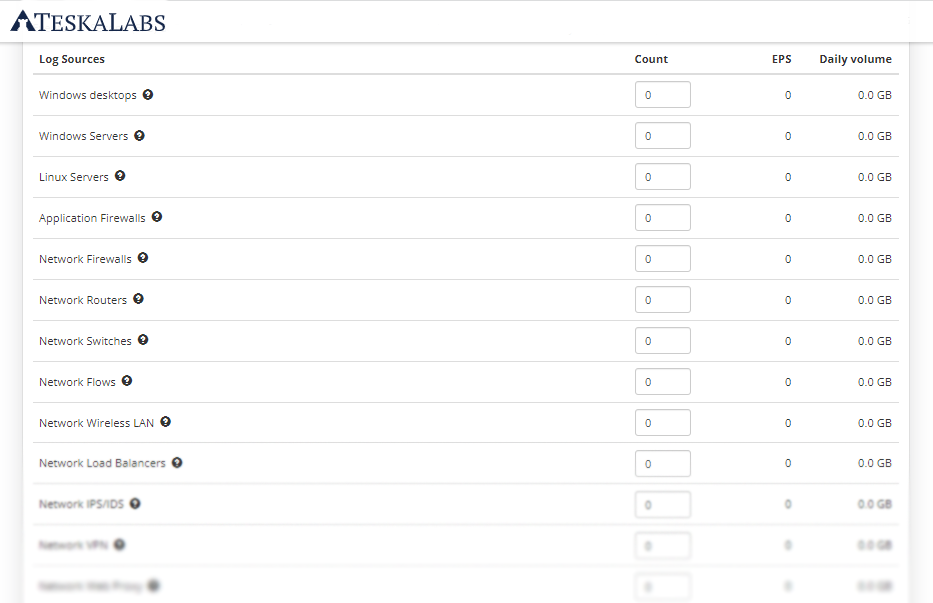Security Issues in Nissan’s Mobile App, NissanConnect, Could Potentially Put Users’ Data at Risk
Submitted by Filip Chytry, security expert, seculu.cz
As technology continues to advance, cars are increasingly becoming integrated into our mobile devices. Automotive brands are now releasing mobile apps, allowing users to connect their music streaming services, social networks, and search engines into the car’s system. One app that I’d like to highlight is NissanConnect, a mobile application from Nissan.
I would like to make it clear that issues discussed in this article are not unique to Nissan's app. They can be found in other apps out there. However, since I own a Nissan car, I had the chance to familiarize myself with the brand’s mobile app. I purchased a Nissan several months ago after reading many user reviews and taking into consideration various technological features of the car. Nissan, the car, is great, but I can't say the same thing about NissanConnect, the app. The companies responsible for its Satnav and the mobile app didn't perform sufficient QA testing. In my opinion, the lack of QA resulted in some security holes in the mobile application.

After installing and configuring NissanConnect, I encountered some issues and read more on reviews from other reviews. I found that other app users were also running into some of the same issues that I had. This led me to disassemble the app to take a closer look at what went into the build and the implementation of its security features.


I became unpleasantly surprised by some of the data that are shared with Airbiquity over HTTP protocol. The app has the permission android.permission.GET_ACCOUNTS, which means it can access other logins you have on your device, such as Facebook, Pandora, etc., and all login information that can easily be obtained on rooted devices. I was left disappointed that Nissan/Airbiquity had cast aside the level of security in this app.
I contacted Nissan Customer Support, explained the security concerns I had discovered, and offered to come up with a plan to improve these issues. Unfortunately, for legal reasons, Nissan’s company policy prevents them from accepting technically-related improvements from users.
I feel that it’s imperative for a company to be concerned about user privacy issues, prioritize the level of security available to protect customer data, and consider user feedback. Unfortunately, in this case, I don’t feel that Nissan’s response has reflected this attitude.
My experience with NissanConnect has inspired me to investigate and review additional automotive mobile applications, paying close attention to their security features and permissions. In general, it’s important to keep in mind that many mobile apps we use on a daily basis could carry security risks that intrude into our privacy and personal data.
To get a FREE security audit of your mobile applications, drop us a line support@teskalabs.com. We'll hunt and find security holes in your apps for you.
Additional reading:
- Custom Made vs. Off-The-Shelf Mobile Apps – The Issue of Security
- You Can Build Apps for the Apple TV, But Do You Know How to Do It Securely?
- We Know Why 85% of Mobile Apps Suck in Security. Do You?
- 7 Reasons Why Testing the Security of Mobile Applications Is Crucial for Enterprises
- The Top 5 Mobile Application Security Issues You Need to Address When Developing Mobile Applications
- What Is a Mobile Application Containerization, or Wrapper, and Why Must It Die?
- Security Is Driving the Adoption of Connected Cars
Most Recent Articles
You Might Be Interested in Reading These Articles

Five Ways AI And Machine Learning Can Enhance Cybersecurity Strategy
Artificial Intelligence (AI) and its essential component machine learning are causing a stir in practically every industry from marketing to education. It’s no wonder designers and tech developers are finding ways to use the benefits of automated technologies to improve cybersecurity infrastructure and defend against increasingly complex and numerous cyber threats.
Published on June 24, 2020

How TeskaLabs Helps You Operate SCADA Systems Securely and Comply with Security Laws
Cyberspace does not have boundaries. The internet is a truly international community, and it takes just milliseconds to reach a data source on a whole different continent. The internet is therefore an open arena for cyberattacks from across the world, where anyone can try to break their way into someone else’s data. We can see this daily in the news or on the specialized ICT news servers- the attacks never stop.
Published on June 06, 2017

How big Log Management or SIEM solution does your organization need
Calculate size of IT infrastructure and how much EPS (Events Per Second) generates.
Published on December 15, 2021